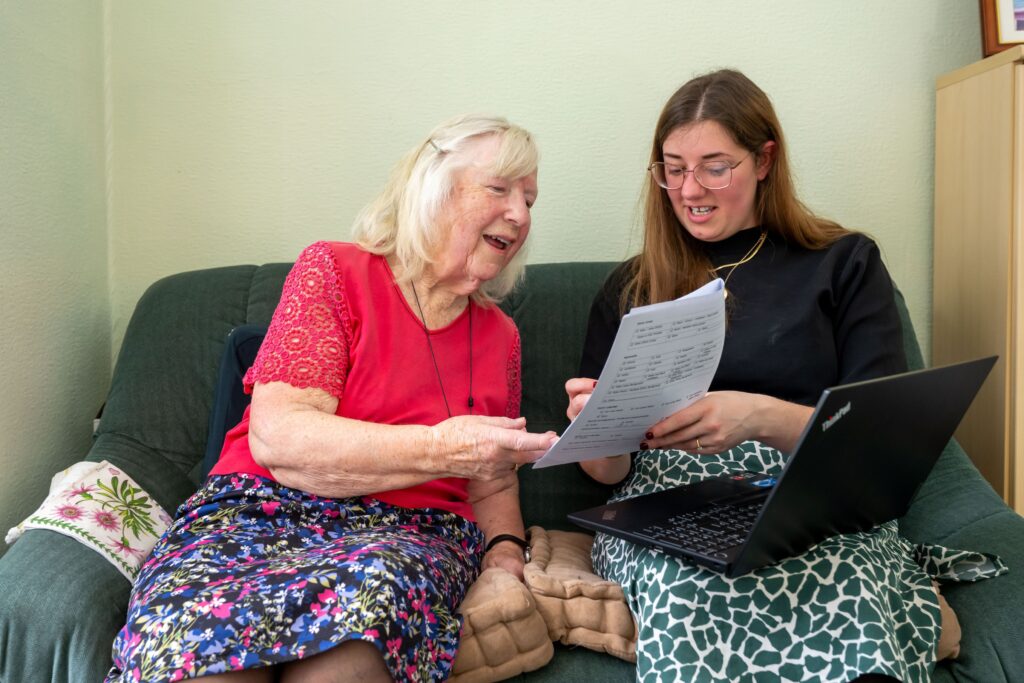Brenig Davies argues that any move to increase the number of members in the Assembly should come with efforts to improve quality.
There have been longstanding calls from political parties in the assembly – apart from UKIP – for an increase from the current number of 60 members to deal with the assembly’s workload, particularly as new powers over taxation and other issues are devolved with the passing of the Wales Act.
Recent reports have suggested an additional twenty or more AMs to cope with new responsibilities. Added to this the assembly commission – which runs the institution and is made up of AMs from all assembly parties – has already backed the case for more members. There is though, already, opposition to increasing AMs from organisations and individuals not in the assembly.
It is postulated that as increasing the number of members gets more likely, opposition to extra AMs will grow amongst some of the Welsh electorate. Being alert to this the assembly will implement prepared measures to inform and convince voters of the need for more AMs to cope with its new responsibilities and in particular to win over those opposing additional AMs. Helpfully the timing of the public case for more AMs is likely to be close to a high profile UK government publicity campaign explaining the reasons for the reduction in MPs in Wales, before the General Election in 2020. It may be seen by some, especially those who need to be won over, as a reasonable trade off.
Worry about the quality and competence of some AMs is known to be muttered in private and from time to time it surfaces at conferences addressing constitutional matters pertaining to Wales. One such conference (Cardiff, November 2014) addressing the future of devolution in UK’s changing union revealed the concerns about the pressing need to improve the quality of AMs as the number is increased. Taken from BBC Wales Online report of the conference the following quotations, from two political parties, typify the concerns:
“…poor quality of political candidates was the “dirty secret” that “we all know is true”…
But unless we do it … it’s never going to get any better. It’s rubbish at Westminster too.”
“The problem for our institution [the Welsh assembly] is that it’s so small that if we have people who are not as able as some others… there’s nowhere to hide in the assembly.
“I don’t think it’s any secret that political parties are in a state of crisis in terms of members.
…nobody’s putting themselves forward … to stand for election.”
Further, the Western Mail Comment section, WalesOnline, March 2013 (updated)wrote:
If democracy is to work well, we need people of the highest calibre to become practitioners. As the National Assembly acquires new powers, it is even more important that the quality of AMs is sufficiently high for the rigorous scrutiny of proposed laws that will be needed.
It is our view that a substantial number of the current AMs fall far short of the required standard. Some barely make a contribution to the Assembly’s proceedings, and when they do succeed only in embarrassing themselves and those watching. The thought of some of the current AMs making a worthwhile contribution to legislative scrutiny is risible.
Improving the calibre of AMs is, by necessity, a medium term aspiration. Candidates have already been selected … and there are people who will be occupying safe seats whose presence will not enhance the standard of debate…. and there are people who will be occupying safe seats whose presence will not enhance the standard of debate… But a start needs to be made in making the Assembly an institution that does not dissuade talented people from coming forward.
At the same Cardiff conference the discussion turned to the selection of candidates.
One attendee engaging in the debate remarked:
“All the parties in Wales strike me as being shell organisations – if you scratch beneath the surface there is very little there… You see it in the way candidates are nominated and selected both for the assembly and indeed for Westminster.”
Encouraging candidates from a wider pool that is more representative of communities, along with a published person specification, would be a good place to start improving the selection process and improving the capacity of AMs. Parties may decide – and some do have relatively stringent interviewing processes already – that ‘HQ’ should provide a list of key person specification attributes for members of the branch candidate selection panel. Centrally determined attributes coupled with locally determined attributes have the advantage of setting a party prospective AM quality threshold while allowing the branch to tailor the criteria to meet their preferences.
Person specifications will vary from party to party and reflect the priorities and values of each. A person specification might seek to emphasise certain individual attributes that, in the round, would contribute to the social, professional and occupational diversity of the party’s team of AMs. Such skills and attributes might include: confidence in public speaking, commitment to public service, career experience, good communication skills, and others considered critical to appointing an AM who copes, ably, with the demands of the role. The emphasis must be on each party selecting a diverse and competent range of candidates that can improve the National Assembly for Wales.






Comments are closed.